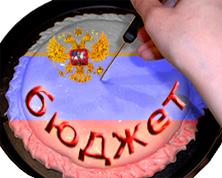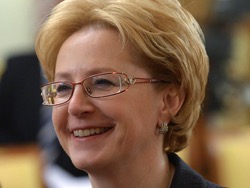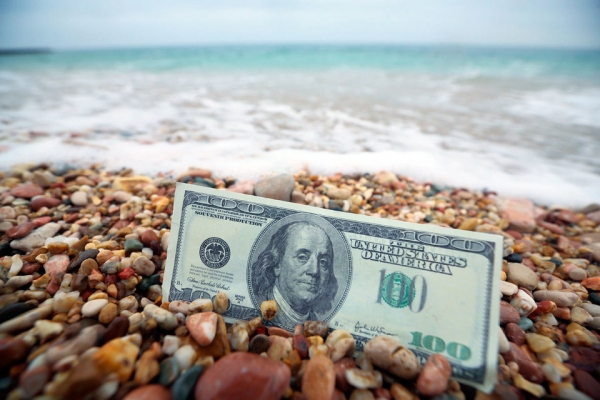
No sooner had the election Commission to bring the final results of the elections of deputies of the State Duma and to count exactly how many seats will receive in the lower house of Parliament, the representatives of the ruling party as the government, led by its leader Dmitry Medvedev began to receive proposals on reforming the financial system. And they’re obviously not too like the Russians.
In the office want to increase the value added tax and insurance burden on employers: these measures should help to close the “hole” in the budget, the result is still quite low oil prices and the economic crisis.
On the eve of the vote, the reform of insurance premiums and tax reform was discussed at the highest level: Prime Minister Medvedev and Finance Minister Anton Siluanov came with this package to President Vladimir Putin, the newspaper “Vedomosti”. However, information in the media about the meeting appeared only after the elections, as its content, obviously, could have some impact on the outcome of the vote. “Barely two days after the election and so began. And nobody can prevent it”, – complains on Facebook Commissioner for the rights of entrepreneurs and the leader lost the election the “Party of Growth” Boris Titov.
So, what exactly has the Ministry of Finance? An alternative choice: either to change the order of levying of insurance contributions from all of the salary Fund at the same rate, starting with 29% in 2017 and to end on a more humane 26% in 2019, Or to implement tax reform, increasing the first reduced rate of VAT to 12%, and then to increase the tax from 18% to 20%, and to begin a gradual abolition of preferential rates, raising it by 2% every year. It would budget at least 600 billion rubles next year, said the source “Vedomosti”.
If to speak easier: “the money” gets or employers, who will have to pay more contributions on the salaries of their employees, or consumers, who will see a grown (and not 2%) of the prices in the shops immediately after the tax reform. But it is likely that officials will decide not to choose, and to conduct both reforms at once. “The trouble is that this will have an impact not only on business but also on millions of ordinary citizens, from the salaries which taken out the money. VAT we have in each purchase, so the increase in prices is guaranteed,” – writes in Facebook member of the General Council of “Business Russia” Anton Stepanov.
By the way, bloggers are “caught” officials at several elegant solutions to help grow not to give the public dissatisfaction with the government economic policy on the eve of elections. “How graceful delayed mailing of the property tax… such postponed payment until December, to alleviate the tax burden on business. But if people are normally in September received higher taxes…?” – ironically, in the comments on Facebook user Nikolay Skvortsov.
Against this background, the Central Bank’s proposals, which previously would have caused a wave of indignation in social networks, seem to be fine pranks. So, the regulator proposes to transfer all employees to our sovereign payment system “World”, and obliged him to make a map of all recipients of money from the state, including social benefits and pensions. And despite the fact that even the leader on the Russian banking market is Sberbank started to service these cards in the ATMs just this month, and the payment infrastructure will be 100% ready until 2017-th year.
The road ahead is still a lot of hard and unpopular decisions that need to replenish the Russian budget and to continue the separation of our financial system in the event of new sanctions by the West. Fear the government there is nothing more: the Duma elections have already passed, before the presidential year and a half. And Vladimir Putin has never been associated in the eyes of Russians with economic problems, so he, or his successor, any reform will not hinder.








